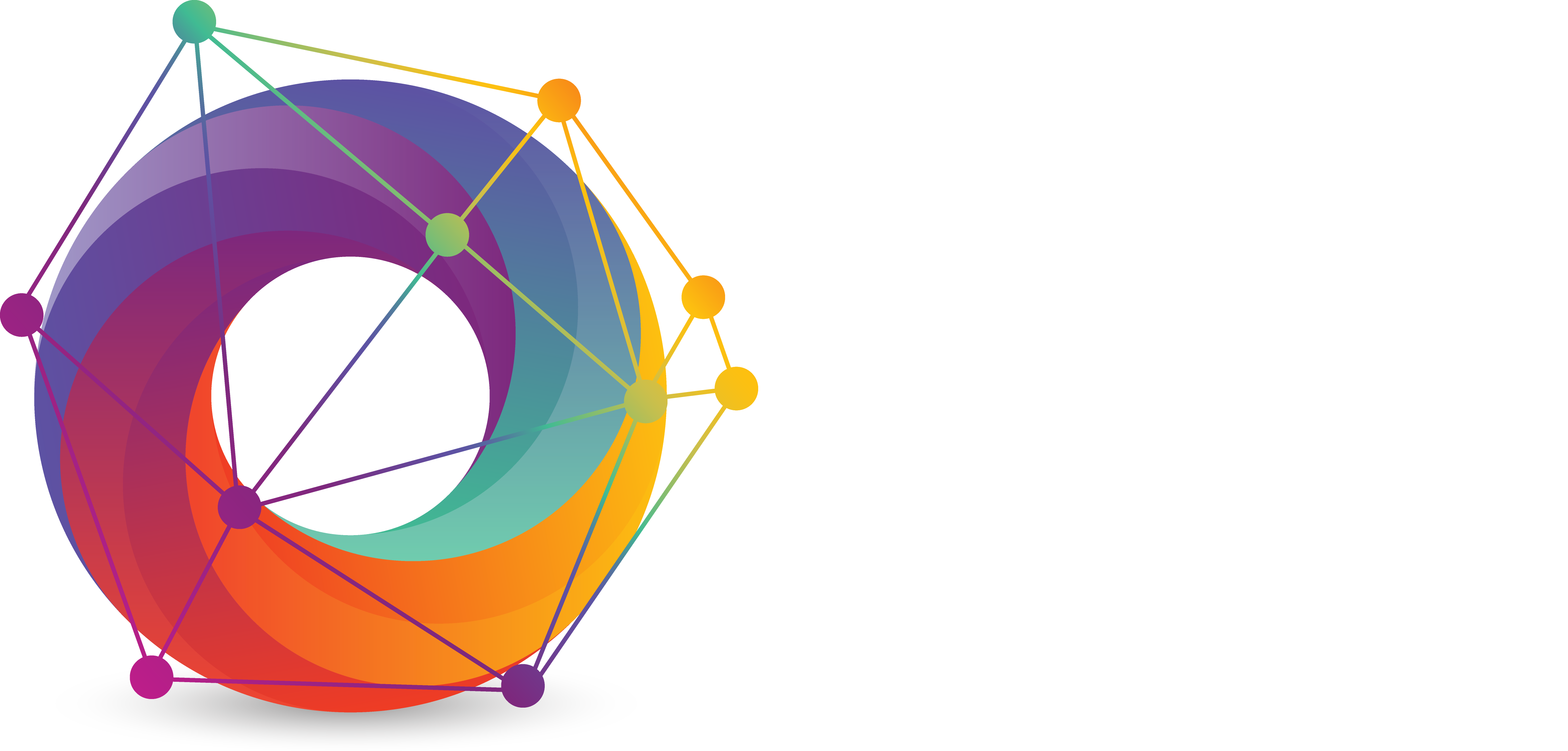What we do
The need of 3D food printing
No matter what future will bring us, food is vital for all humanity.
3D food printing is a disruptive technology only beginning to emerge.
As the world food shortages is at high level, the process to make the fillings
allows us to use up to 99% raw material, which has good impact over the food
resources by having more with less.
Of course, people are quite conservative when it comes to food but we live in times
of change in all areas due to advanced technology that now allows us to use Earth's resources more efficient,
environment impact, up-growing world population, global political and social variations or unpredicted
biological disasters like the one we are experiencing today.
We understand that it is equally important to cultivate more environmentally
friendly and sustainable sources and methods of food production.


Next level of
3D food printing
Reebo 3D food printer designed as a vending machine so that it can be placed and used anywhere, anytime.
The Reebo solution uses multiple injection heads and has high capacity food cartridges, features that make it viable and convenient to be placed anywhere, from street corners, retails to hospitals, office buildings, airports, gas stations and many other spaces.
The Reebo innovation is not about making conventional food; it is about exploring new food options that were not possible to make before and gaining the ability to address the changes and challenges that come with global population growth, food quality, sustainability and new technologies. Reebo is a combination of proprietary 3D modelling, food formulas and food printing technology able to deliver a new category of foods in a cost-effective way.
Innovation 1. 3D food printing capacity in a vending machine. Overcoming the limits that 3D food printers have today (just 2 - 3 injection heads, small cartridges capacity, 200 - 300ml, long execution time of the food product, cooking the 3D construction, only home use machine option). Reebo’s technology can be applied to more advanced foods such as 3D constructs with complex geometries, complex textures, enhanced nutrition, and realistic flavors (8-10+ flavors / 6-8kg/flavor cartridge). Food inks can be formulated with extremely high precision to create foods with specific nutrient content for individual needs.
Innovation 2. Personalized and nutritious food on the go. Using only fresh ingredients kept in controlled temperature, Reebo serves personalized and various food products allowing consumers to choose their favourite ingredients and get a ready-to-eat food product in matter of 2-3 minutes. Consumers can also adjust the number of Kcal intake and choose different payment method (cash, mobile, card or SMS).
Innovation 3. Reducing Food Loss and Waste. The fillings allow us to use up to 99% raw material, which has good impact over the food resources by having more with less. 3D printing is also much more environmentally friendly and, in many cases, offers greater affordability. Transportation of food is much less of an issue and with local 3D printers and materials on hand, sustenance is more accessible.
State-of-the-Art Analysis of available 3D food printer technologies
3D printing is an automatic production process, which works by applying individual layers on top of each other in a pre-modelled shape.
Reebo’s technology allows multiple injection heads to move independently and automatic to produce ready-to-eat food products under the form of fillings (creams), which are stored in food cartridges of high capacity.
Reebo uses natural ingredients like meat, vegetables or fruit, thus obtaining different combinations of food products in order to satisfy as many tastes as possible.
Reebo is a combination of proprietary 3D modelling, food formulas and food printing technology able to deliver a new category of foods in a cost effective way.
Due to the manufacturing process, Reebo makes personalized, calorie controlled and more affordable food products.
Market opportunity
We are addressing a growing market since, according to the market reports, the global
3D food printing market is expected to reach $525.6 million by 2023, rising at an annual
rate of about 46 percent through 2023.
The global vending machine market size was $30.30 billion in 2018 and is expected
to register a CAGR of 9.4% from 2019 to 2025.
The growth is attributed to the machines ability to deliver goods quickly, making it an
extremely convenient option for consumers with a hectic lifestyle. It is strongly motivated
by the increasing demand for customized food products with nutrient content tailored
for individual dietary needs.

